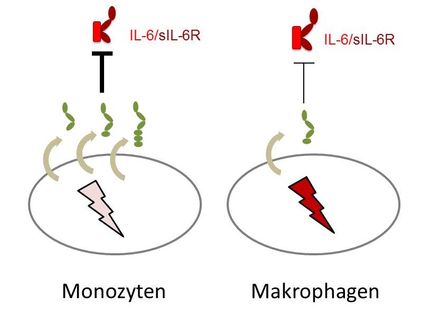Novartis biological drug Ilaris approved in EU to treat children and adults with CAPS
Advertisement
The new biological medicine Ilaris® (canakinumab) has been approved in the European Union (EU) to treat adults and children as young as four years old with cryopyrin-associated periodic syndrome (CAPS), a rare life-long auto-inflammatory disease with debilitating symptoms and few treatment options.
The accelerated EU decision follows approvals in the US and Switzerland, where Ilaris was granted priority review in view of the significant unmet medical need. Ilaris is the only medicine approved in the EU for CAPS patients as young as four years old, and for patients with the most debilitating form of CAPS, neonatal-onset multisystem inflammatory disease (NOMID). It is a fully human monoclonal antibody given by injection under the skin once every two months.
"We are excited by the latest approval because Ilaris represents a significant therapeutic advance for patients with this debilitating and sometimes fatal disease," said Joe Jimenez, CEO of the Novartis Pharmaceuticals Division. "Ilaris is the outcome of our pathways-driven search for innovative medicines that are tailored to the needs of patients. Initially we studied Ilaris in a very rare disease with a well-understood genetic profile, and now that its efficacy has been proven, we are able to move ahead rapidly with development in other diseases characterized by the same inflammatory process."
The regulatory submission was supported by data showing that Ilaris produced rapid and sustained remission of symptoms in up to 97% of CAPS patients, with most of them responding within hours of the first injection.
Ilaris, previously known as ACZ885, targets and normalizes the production of a protein within the immune system called interleukin-1 beta (IL-1ß). In CAPS patients, IL-1ß is overproduced causing widespread inflammation and tissue damage.





















































